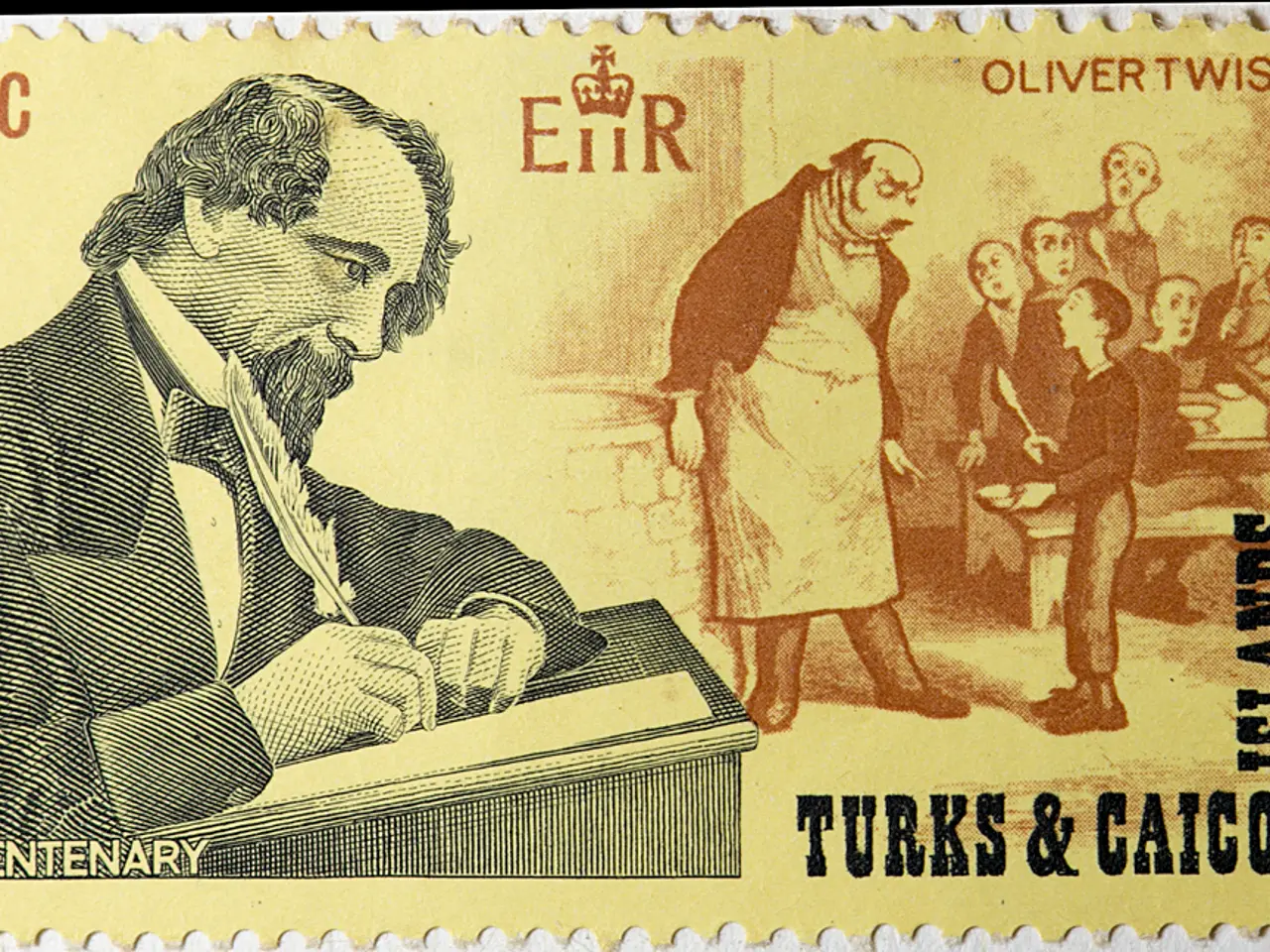Tired of shelling out a fortune for your driver's license? Germany's Transport Minister wants to change that!
Transport Minister Schnieder aims to lower the cost of obtaining a driving license.
In a recent interview, Federal Transport Minister Patrick Schnieder expressed his concerns over the escalating costs of obtaining a driver's license in Germany. He pointed out that the price tag of 4,000-4,500 euros for a driver's license is simply too high for many citizens. Yet, he acknowledges the vital role the driver's license plays in the daily lives of millions across the country.
In an effort to make things more affordable, Schnieder has called for a roundtable discussion involving other ministries, states, and associations. The goal is to pinpoint the sources of these increased costs and find ways to drive down the costs through regulatory changes or measures.
When asked about the importance of an affordable driver's license for individual mobility, the minister emphasized its value in rural areas, where a car is often essential due to limited public transportation options.
Rising costs associated with driving schools and driving tests have been a significant concern for years. In fact, the Federal Statistical Office reported a 5.8 percent increase in driving school and driver's license fees in 2024 compared to the previous year – a significant jump compared to the overall rate of inflation.
The CDU, CSU, and SPD coalition government has already made a commitment to reform driving training to make acquiring a driver's license more budget-friendly, provided that they maintain high standards.
Digging deeper, we can identify several cost components contributing to these price hikes. These range from mandatory driving lessons and tests, administrative fees, vehicle operation costs, to energy price fluctuations impacting the running costs of driving schools and examiners.
To help combat these increases, Germany's government is looking at broader cost reduction measures, such as lowering electricity taxes and grid fees, as well as reducing financial burdens on companies through tax investment programs. These initiatives have the potential to indirectly lower the operational and service costs in many sectors, including driving schools and vehicle operation costs.
In essence, while specific policy details about making driver's licenses cheaper haven't been spelled out just yet, Germany's government is focusing on reducing costs tied to energy and taxation, which will positively impact consumer prices and services, including driving education and licensing. The ultimate goal is to make the process more economical for citizens, despite maintaining high standards for driving schools and testing centers.
- The community policy being discussed in this context revolves around making the driver's license more affordable, a point emphasized by Federal Transport Minister Patrick Schnieder.
- In the realm of policy-and-legislation, the minister is proposing measures to reduce costs associated with vocational training for drivers, such as mandatory driving lessons and tests.
- The general news highlights the escalating costs of transportation, particularly in rural areas, where finance plays a crucial role in the accessibility of a driver's license, and automotive industries may indirectly benefit from these policy changes.
- Beyond the immediate impact on the transportation industry, broader policies under consideration, like lowering electricity taxes and grid fees, could influence finance, impacting various sectors, including industries such as vocational training providers.




